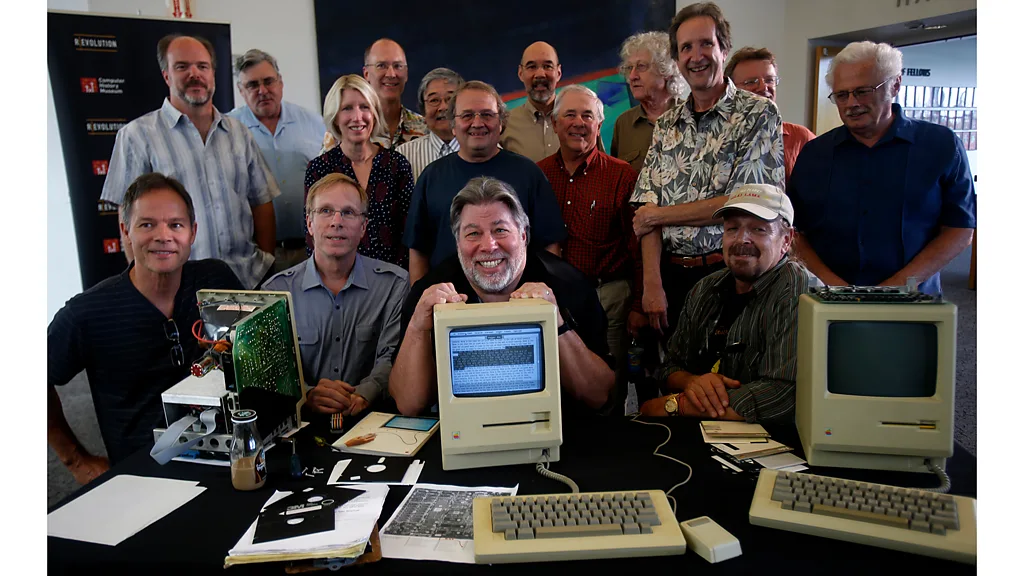The Team That Built Revolutionary Products

I was recently rewatching Steve Jobs’s 2007 keynote where he introduced the iPhone, and his opening words have stuck with me. He set the stage by saying:
“Every once in a while, a revolutionary product comes along that changes everything… one is very fortunate if you get to work on just one of these in your career. Apple has been very fortunate. It has been able to introduce a few of these into the world.”
Imagine hearing those words in 2007. At that point, Apple had already delivered two such products: the Macintosh, which changed the entire computer industry, and the iPod, which transformed how we listen to music and the industry behind it. He was on stage to announce the third.
This made me reflect on the team behind these products. Jobs insisted on hiring “A players,” but his definition of talent went beyond pure technical skill. He believed the magic came from the intersection of technology and the humanities. He once described the Mac team as, “musicians and poets and artists and zoologists and historians who also happened to be the best computer scientists in the world.” It was this fusion of diverse, creative minds—people who would have been champions in other fields but were united by computer science—that he saw as Apple’s core strength.
This philosophy directly influenced their product thinking. To Jobs, this was the key differentiator from competitors. When asked about Microsoft in a 1995 interview, he didn’t pull punches: “The only problem with Microsoft is they just have no taste. They have absolutely no taste… in the sense that they don’t think of original ideas, and they don’t bring much culture into their products.” To illustrate his point, he connected the beautiful typography on the Mac directly to a liberal arts education: “Proportionally-spaced fonts come from typesetting and beautiful books.”
Yet, this level of creative output came at a cost. When pressed on the notoriously harsh work conditions at Apple, Jobs defended the environment. Speaking of the original Macintosh team, he said, “I think they would tell you it was the most rewarding experience of their lives.”
What did these employees have to sacrifice? How content were they with their sacrifice to build something this ambitious? Did they end up building successful marriages and have good relationships with their kids? Or was that secondary? We all know the path that Steve Jobs took here.
Want to add a quick comment? (optional)